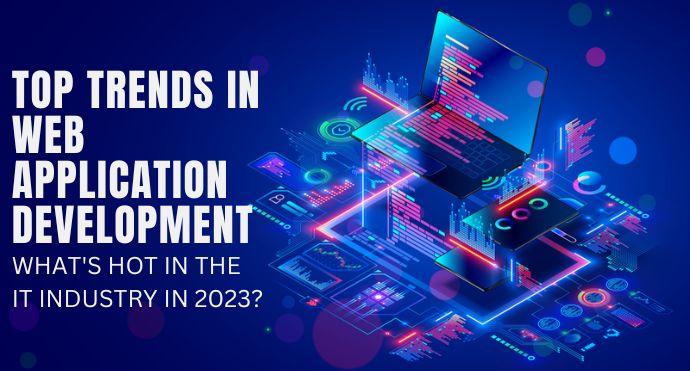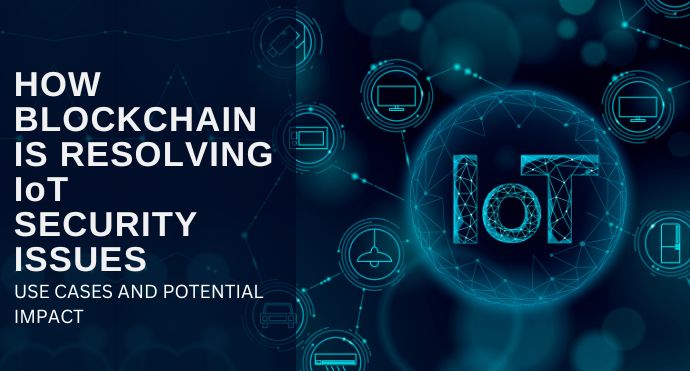The real estate industry has been evolving rapidly in recent years, thanks to the integration of cutting-edge technology. One of the most transformative forces at play is the Internet of Things (IoT). IoT’s convergence with property technology, or Proptech, is not only reshaping the industry but also projecting it towards unprecedented growth. By 2033, the IoT in the Proptech market is expected to surge to a staggering valuation of $4.7 billion. In this blog, we will delve deeper into how IoT is not just changing but accelerating the future of Proptech and what this means for property owners, managers, and tenants.
Energy Management: A Critical Aspect of Proptech
In an era marked by heightened global awareness of climate change and sustainability, energy management has emerged as a critical component of Proptech. Efficient energy management not only reduces costs but also aligns with the urgent need to minimize carbon footprints. This is where IoT is playing a pivotal role.
The Role of IoT in Energy Management
IoT sensors and devices are at the forefront of revolutionizing energy management within Proptech. They enable real-time monitoring of energy consumption in buildings and facilities, offering invaluable data and insights. This data empowers property owners, managers, and tenants to optimize energy consumption in ways previously unimaginable.
Key Advantages of Energy Management Through IoT
- Reduction of Energy Wastage: IoT devices have the capability to detect and address energy wastage in real time. Lights, HVAC systems, and other energy-consuming components can be automatically controlled to minimize unnecessary usage. In fact, studies have shown that IoT-driven energy management can lead to reductions in energy consumption by up to 20%.
- Integration of Renewable Energy Sources: The integration of renewable energy sources, such as solar panels and wind turbines, into the energy grid of a property, has become more seamless with IoT. This enables properties to harness clean energy and reduce their dependence on non-renewable sources, thereby making a significant contribution to sustainability goals.
- Intelligent Response to Peak Demand: IoT systems can intelligently respond to peak energy demand by adjusting energy usage patterns. This not only helps to avoid energy spikes but also reduces costs associated with peak-hour pricing. A report by McKinsey & Company estimates that IoT-enabled peak demand management can result in a 15-30% reduction in peak load.
- Automation Aligned with Occupancy Patterns: IoT-enabled automation can adapt energy systems to occupancy patterns. Lights, heating, and cooling can be optimized based on whether a room or area is occupied or vacant, significantly reducing energy consumption during idle periods. Studies have indicated that this automation can lead to energy savings of 20-30%.
The Environmental and Financial Impact
The advantages of energy management in the IoT-driven Proptech market extend beyond cost savings. They align with global sustainability objectives and contribute to environmentally responsible practices. By minimizing energy wastage and harnessing renewable energy sources, properties can substantially reduce their carbon footprint. It is estimated that IoT-enabled energy management can result in a 30-60% reduction in greenhouse gas emissions.
Furthermore, the financial benefits of energy optimization are substantial. Property owners can enjoy reduced operational costs, improved asset value, and increased market competitiveness. Tenants also benefit from lower utility bills and a more comfortable, eco-friendly living or working environment. A study by the U.S. Department of Energy found that IoT-driven energy efficiency measures can result in an average annual energy cost savings of 8-22% for commercial buildings.
Conclusion:
The future of Proptech is undeniably being accelerated by IoT, with a projected market valuation of $4.7 billion by 2033. Energy management, driven by IoT technologies, lies at the heart of this transformation. It promises not only cost savings but also alignment with global sustainability goals. By reducing energy wastage, integrating renewable sources, intelligently responding to peak demand, and automating energy systems, the Proptech industry is poised to create a more environmentally responsible and financially rewarding future for all stakeholders.
As the world becomes increasingly conscious of the need for sustainable practices, IoT in Proptech stands as a beacon of progress, guiding the real estate industry toward a brighter and greener horizon. The data speaks for itself, demonstrating the tangible and significant impact that IoT is having on the future of Proptech. As we move forward, it’s clear that embracing IoT is not just a choice; it’s a necessity for the continued growth and sustainability of the real estate industry in the modern era.



